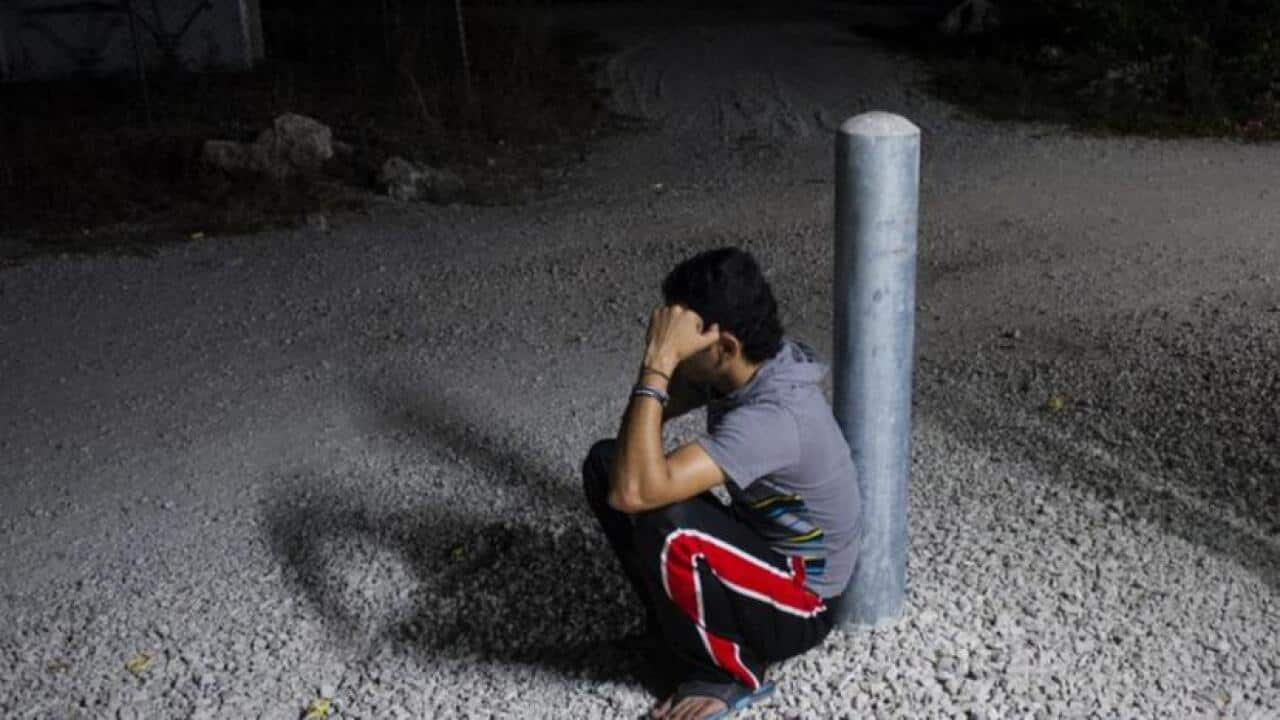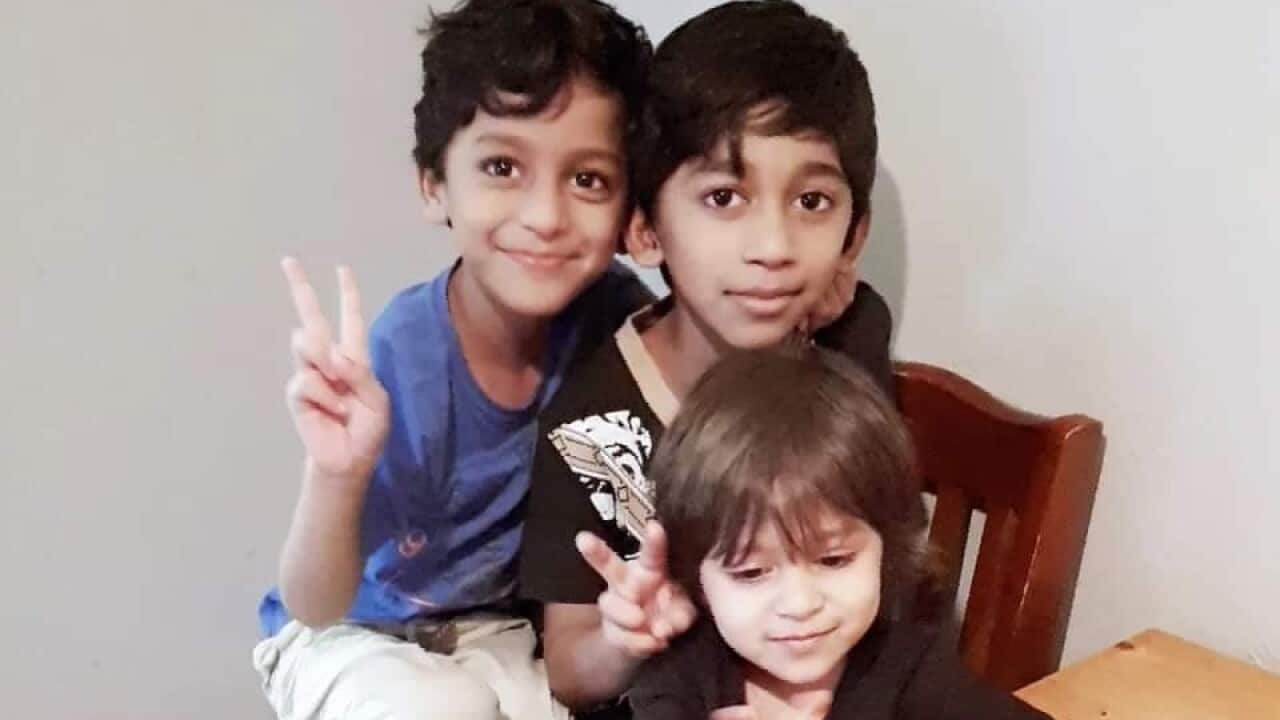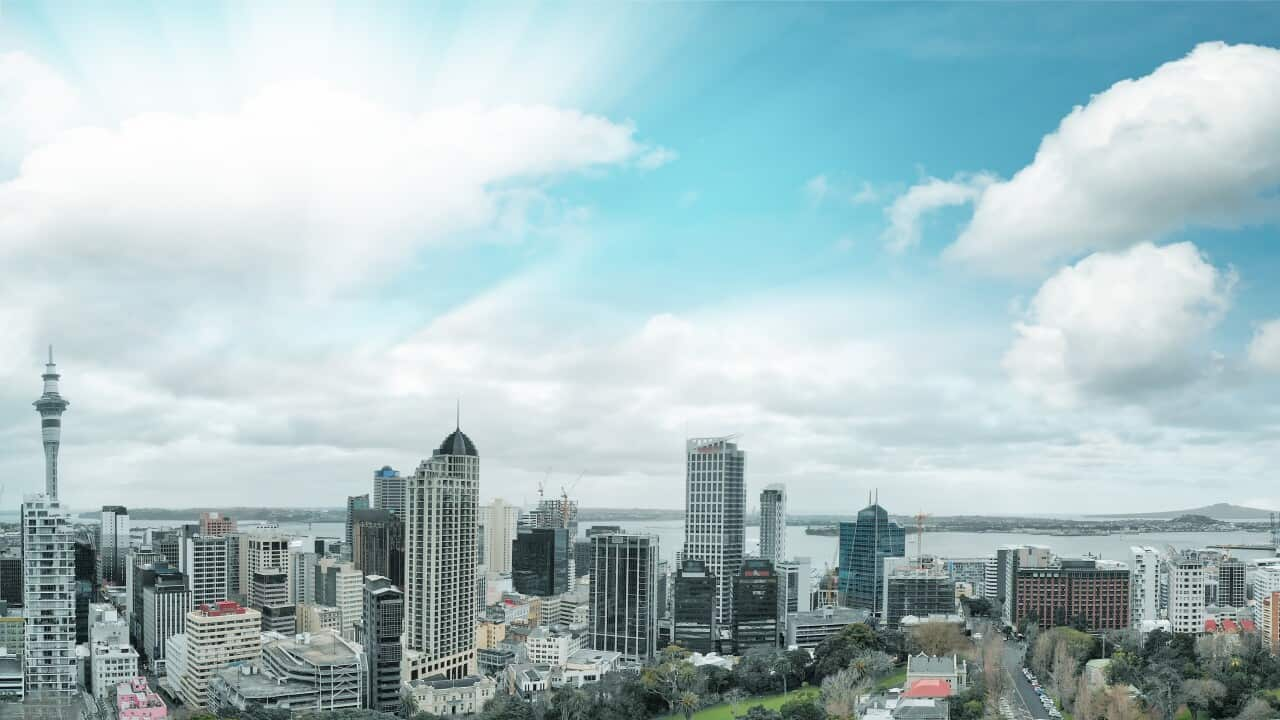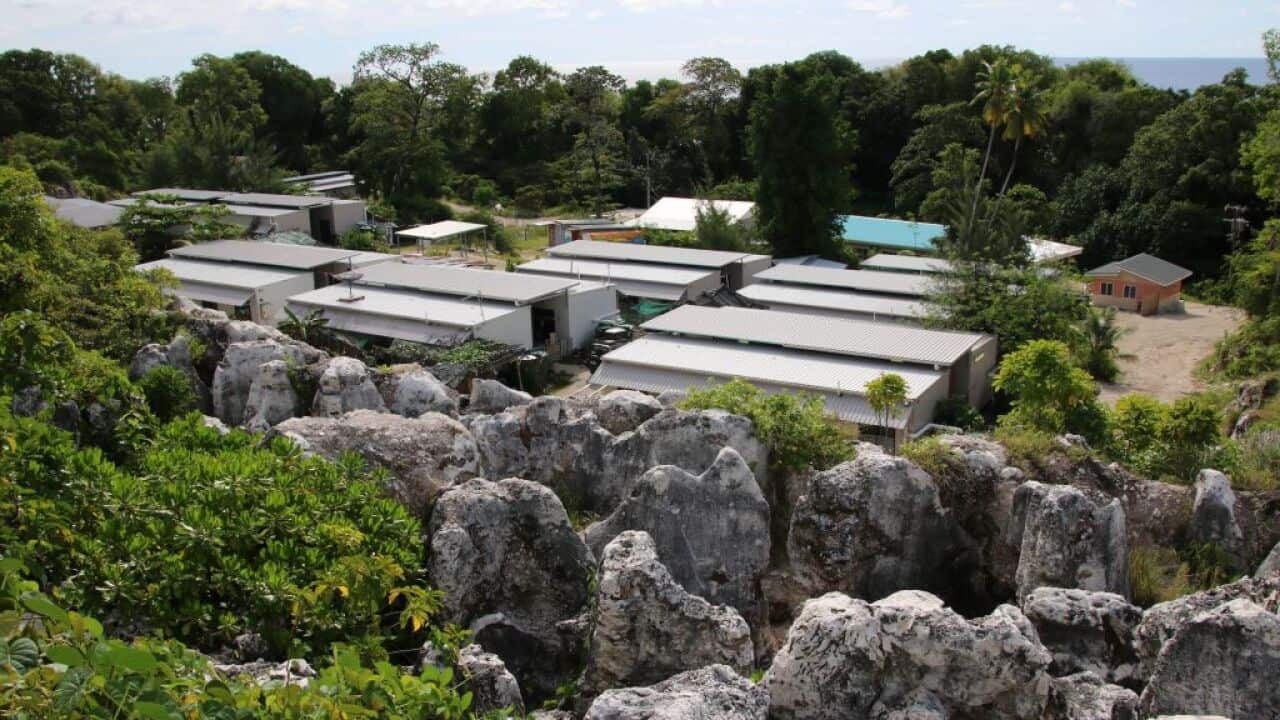Key Points
- Nazim Ali was held in offshore detention in Nauru for more than 10 years.
- He has been brought to the Australian mainland.
- But he has no pathway to an Australian visa.
Content warning: references to self-harm and suicide
Nazim Ali watched hundreds of people leave for new lives overseas during his more than 10 years on offshore detention on Nauru.
"I was happy for them but I am also a human being - I wanted to leave that hell, to start a new life," he said.
The Pakistani man was taken to the Pacific Island nation in September 2013 after arriving by boat and seeking asylum in Australia.
He was one of the last asylum seekers flown from Nauru to Australia in June, more than a decade after offshore processing restarted.
Speaking to AAP from hotel detention in Brisbane, Mr Ali said the hardest part about life on Nauru was feeling unheard and invisible.
"The Australian government sent us to such a remote place that nobody would have heard our voices," he said.
"Our lives have been ruined completely to the point when I look at other people's eyes, I see just hollow eyes, no sign of hope."
Mr Ali says he saw and was subjected to violence on the island, and witnessed one refugee kill himself.
"A person has to reach a breaking point to take his own life," he said.
Mr Ali endured family tragedies while on Nauru and was separated from his elderly mother.
He says he has developed complex trauma, which keeps him restless most of the day and sleepless at night.
Despite being brought to the Australian mainland, he has no pathway to a permanent visa.
The 33-year-old said his aspiration to build a good life was all but gone.
"My hair and beard have turned grey - I have lost everything," he said.
The Australian government has moved all refugees and asylum seekers off Nauru but will retain an enduring capacity for offshore detention on the island.
The now-empty centre will cost Australia $350 million per year to maintain.
The Department of Home Affairs said its policies towards asylum seekers who arrived by boat had not changed; they would be transferred and processed in offshore facilities and offered no chance to resettle in Australia.
"The government is committed to protecting our borders, combating maritime people smuggling, and preventing people smugglers from exploiting vulnerable people and risking their lives at sea," the department said.
Jana Favero, director of advocacy at the Asylum Seeker Resource Centre, welcomed the evacuations from Nauru.
But she urged the government to end offshore processing and take the more than 80 asylum seekers still in Papua New Guinea.
"While we celebrate this day that politicians said would never happen, we will keep advocating until the same happens for refugees in PNG," Ms Favero said.
LISTEN TO
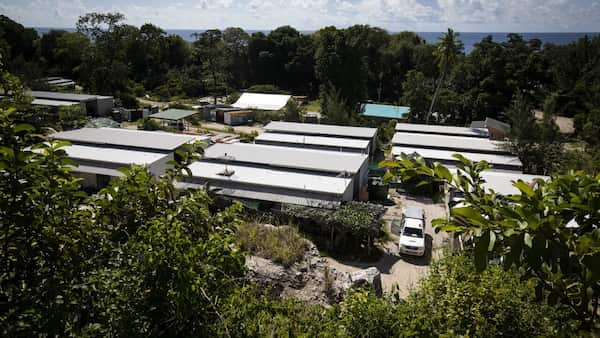
'We deserve to be treated as human beings' - Refugees to be moved from Nauru - but what next?
SBS News
15/06/202305:28
The number of refugees and asylum seekers held on Nauru peaked at 1233 in August 2014.
Thanush Selvarasa, a Tamil refugee who spent almost eight years in detention after fleeing Sri Lanka in 2013, said he was happy for those taken off the island.
But Mr Selvarasa, who was medically evacuated to Australia where he remains on a bridging visa, wants asylum seekers to be offered permanent protection.
"We can't accept any more pain in our lives - we want to start our lives permanently, we cannot keep living temporarily," he said.
"We came 10 years ago and still we don't have freedom."
Readers seeking crisis support can contact Lifeline on 13 11 14, the Suicide Call Back Service on 1300 659 467 and Kids Helpline on 1800 55 1800 (for young people aged up to 25). More information and support with mental health is available at and on 1300 22 4636.
supports people from culturally and linguistically diverse backgrounds.
